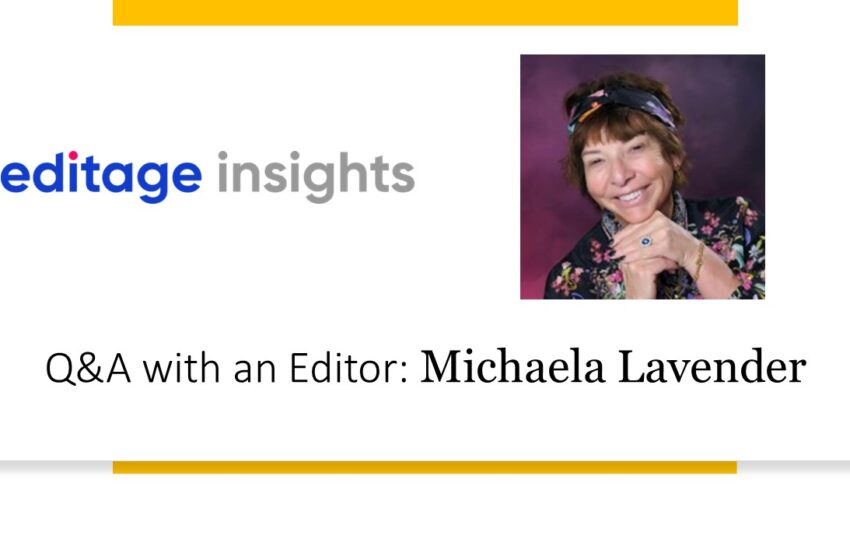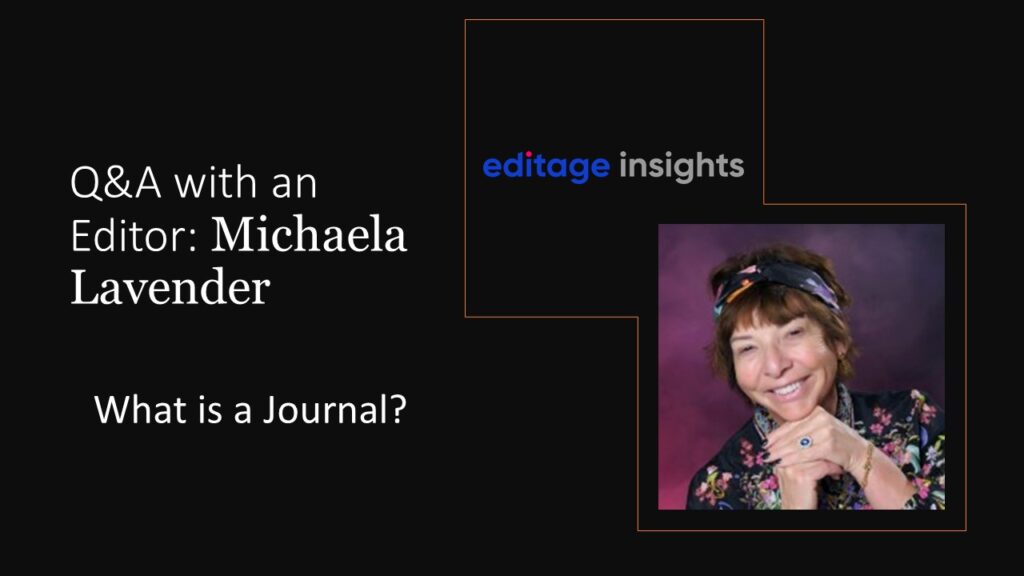Top 20 Questions of Early Career Researchers on Journal Submission

Here we continue learning with the expert article series about journals and what a journal editor does. You may read part-1 here: What is a Journal?
This article is an adaption of a keynote given in September to EIASM’s Public Sector Emerging Scholars Programme. The article is a collection of concerns, reflections and advice for those new to journal publishing but perhaps also of interest to old hands.
My career has always been in journal publishing, although when I trained, newly out of college, I was required to engage briefly with books. I am not a fan: a book has a short life while a journal can be almost immortal (Philosophical Transactions is now 360 years old). In fact, as a warning, there is an old adage that if you publish your paper in a multiauthor book you may as well dig a hole in your garden and bury it!
I began with Taylor & Francis when the company was small and privately owned. I had the good luck to be trained by a printer’s reader in copyediting, we had a printing factory attached to our building, and we were very hands on with our journals, their editors and our typesetters. The company had some very old journals but was also starting to publish on behalf of societies, buying journals and launching new ones. I particularly enjoyed getting new journals off the ground and resuscitating failing ones. It was a much simpler life than today’s journal publishers lead: we sold by subscription, we knew what the likely market size was and that’s how we knew how a journal was doing—simple. I left the company after just over 10 years to work freelance.
I decided to research for my keynote talk and canvass people new to journal publishing to find out what they found the most difficult, daunting and upsetting. I did this by email to lists of early career researchers (ECRs) and by posting on LinkedIn. I received over 50 replies for which I am very grateful.
Replies were sometimes disturbing; particularly from established academics who contacted me to share some appalling stories about their earlier experiences.
The main concerns, ranked by frequency, were:
Early career researchers’ concerns
1. Journal fit
- How do you confirm whether your manuscript fits the journal’s scope?
- What are the unwritten expectations about theory, methods, or empirical material?
- And if a case study is from a less-studied country, is it going to be rejected?
2. Peer review
- How should I deal with very critical reviews without taking them personally?
- What if reviewers’ comments are vague, contradictory, or unclear?
- Can I ask the editor for clarification?
- And can I report unethical reviews and, if so, how?
3. Communication with editors
- When is it appropriate to contact the editorial office about delays?
- Is it possible to ask the editor for advice after review?
- Can I request extra time to submit a revision?
- Can I challenge or report what feels like an unethical desk rejection?
4. Formatting and rules
- Are word limits fixed?
- Why do journals have such strict formatting rules?
- And if an error slips through during typesetting, can I correct it after publication?
5. Choosing where to submit
- Should I prioritize journal rankings, turnaround time, or audience?
- Is it worth submitting to journals that mainly publish work by Anglo-Saxon scholars if I am not one?
6. Writing
- How do you sharpen your argument before submission?
- What makes a manuscript clear and coherent enough for an editor to send it out to review?
7. Rejection
- Why do rejections happen so often?
- And how can I cope with repeated rejections without losing motivation?
Editors’ views
Next, I reached out to journal editors and put my ECRs’ concerns to them. I also asked them to tell me what they found the most difficult or annoying about authors. I had just over 30 replies and most gelled with my views.
Here are common themes that came through to give you a sense of what journal editors in the humanities, social sciences and business studies want from authors:
Fit
All of the editors said that many of the submissions they receive simply aren’t right for their journal. And that doesn’t mean the paper is bad—it’s just that it doesn’t belong in their journal.
So how do you check?
- Start by reading the aims and scope on the journal’s website.
- Look at recent issues—scan the papers that are being published.
- And a simple guide is that if you don’t cite that journal in your references, then it’s probably not the right place for your paper.
Three editors said that if you’re still unsure, you can send your abstract or title to them before submitting. But those three were very much the minority. Many editors said that they do not have the time to pre-screen submissions and some have an email template that says they won’t do it.
Choosing the right journal is your responsibility and remember that journal publishing can be slow process. You really don’t want to get that first choice wrong and hang around for a desk reject.
The literature review
The majority of editors stressed the importance of a literature review. They said that it’s where you define the conversation that your research is joining. It shows that you know the field, it positions your paper, and it explains why your contribution matters. It doesn’t have to be perfect at first submission—you’ll probably have to strengthen it during revision. But it should show a clear logic: why this problem matters, how you’re building on past work, and what you’re adding to knowledge.
However, there is also a move away from overly long literature reviews so, again, it is a good idea to look at the recent papers in your target journal.
Communicating with editors
Can you ask questions during the review process? The consensus was yes—but keep your email very focused. It’s OK to ask for clarification if you get contradictory reviews, or if something in the decision letter isn’t clear. And it’s OK to ask about deadlines. But respect editors’ time and get in touch only if it is essential.
Handling unclear or difficult reviews
What if you get a vague or confusing comment?
The editors said:
- Try to interpret it yourself.
- And, in your response letter, explain what you think it meant and how you addressed it.
If you really can’t work it out, you can ask the editor for guidance—editors may not know exactly what the reviewer intended but they are the ones who make the final decision.
And what about reviews that feel unfair or biased? You can report unethical reviews to the editor. But these will be very rare. And unethical doesn’t mean unhelpful.
Desk rejections
Every editor said they know a desk rejection can be painful: remember they have all been there. But they also stressed that desk rejections are usually final. Appeals almost never succeed. A couple of editors did say you can escalate to a co-editor if you believe a desk rejection was genuinely unethical—but those cases are rare. Most of the time, the issue is simply fit or under-development.
The good news is that desk rejections are usually fast. The horror stories I received about waiting in silence and agony over a year for a desk rejection have hopefully gone away now that we have electronic submission systems.
Geography and diversity
Does it matter if you come from a country that isn’t often studied in the journal? The consensus from my editors was that they welcome diversity. In fact, some of them said contributions from under-represented regions are at an advantage. But—the paper must still be rigorous, well developed, and clearly written. Some editors told me that non-native English speakers may be encouraged to seek professional editing.
Timelines and chasing decisions
How long is too long for a first decision? Most editors aim for three months for a decision when they send an article out to review. If you haven’t heard by four months, you should definitely send a polite enquiry. Although some editors said ask at three months and a few others at six months. And if you have special circumstances—for example a tenure deadline—it’s absolutely fine to explain that when you write.
Stay tuned for part 3: What to Avoid When Submitting Your Manuscript- Straight form the Editor’s Desk!









